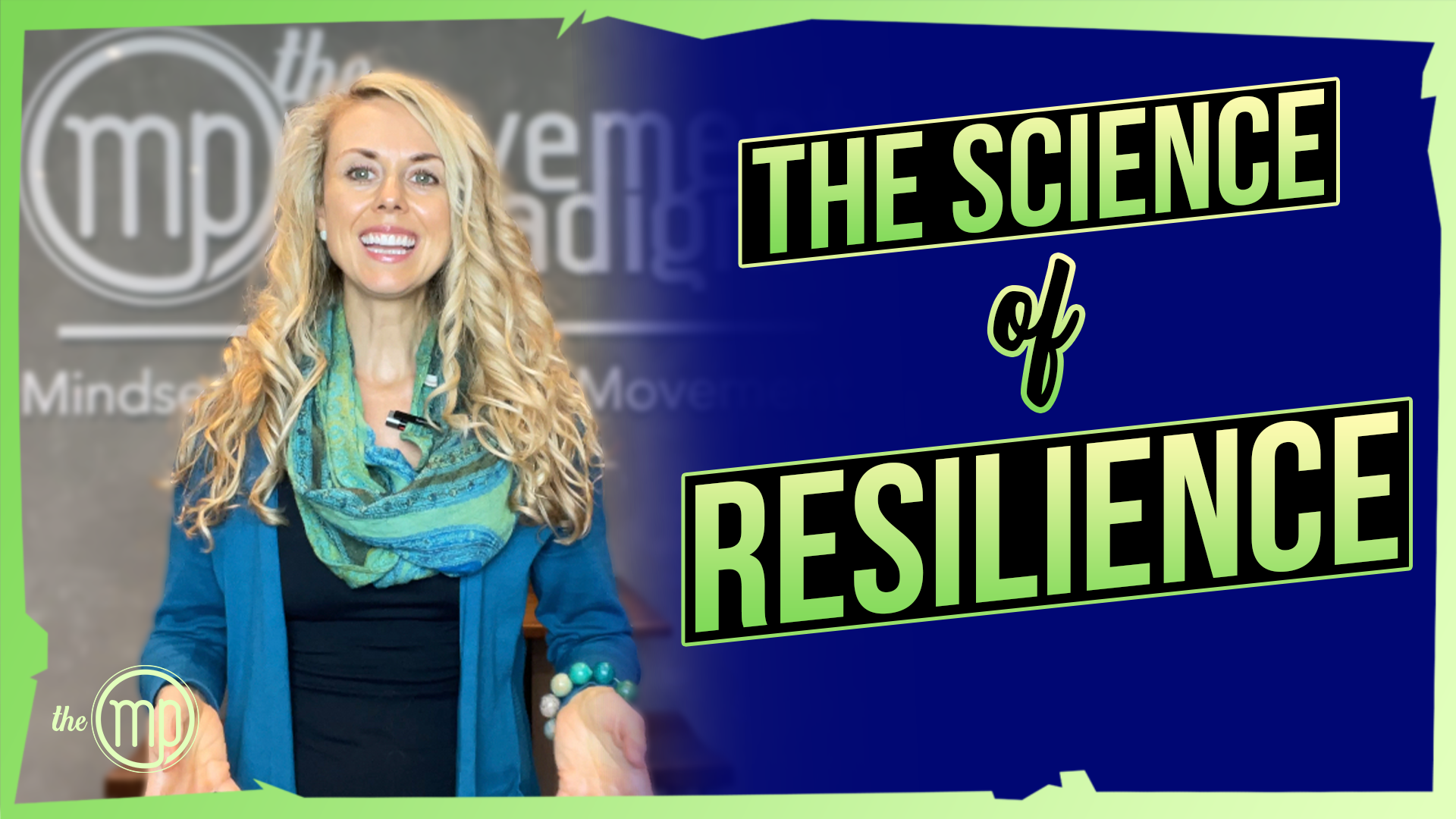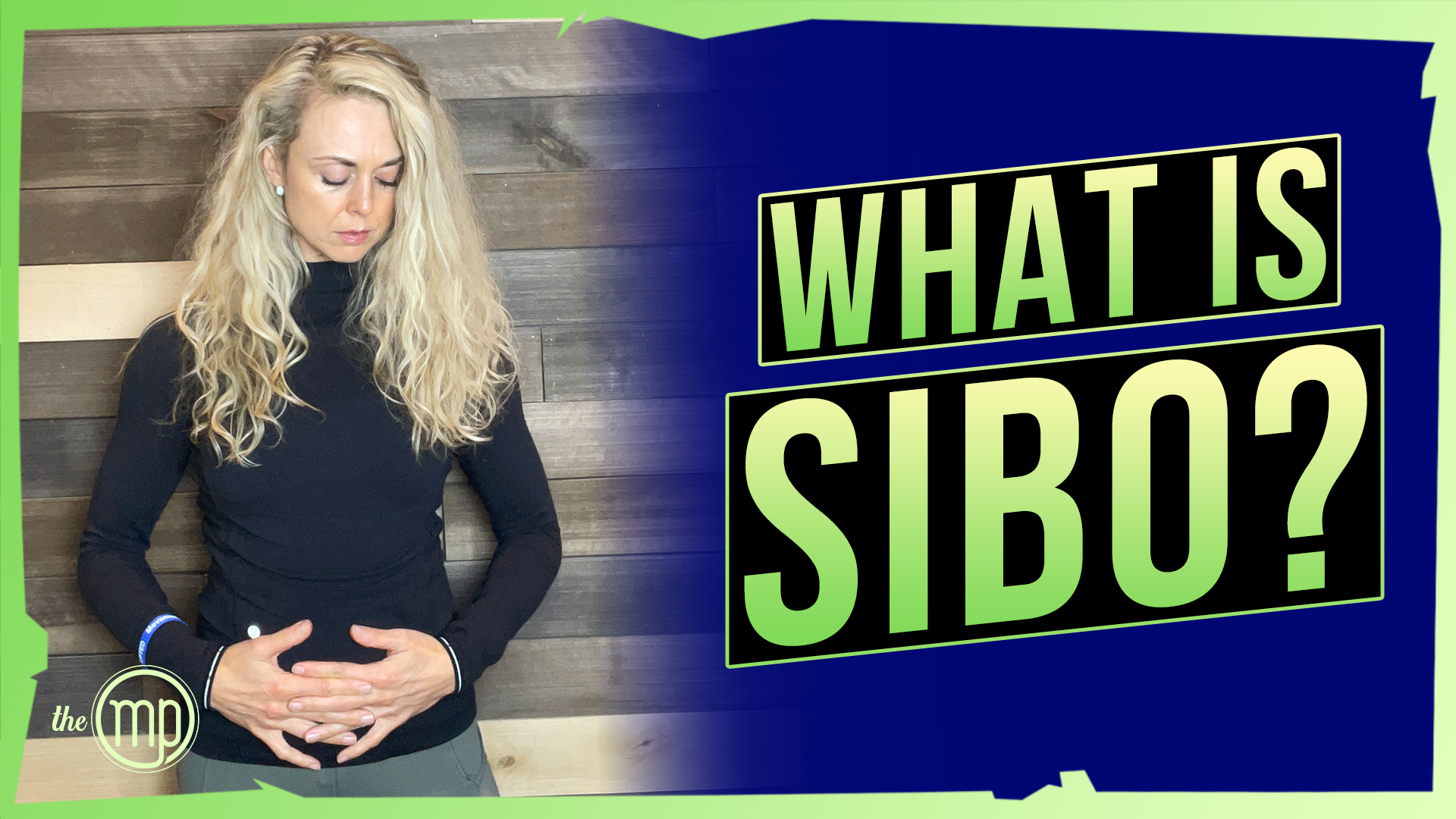Did you ever wonder why some people seem to be so resilient despite what life has thrown their way, where others seem to have great difficulty dealing with even small obstacles? It is absolutely dependent on the environment that we are in as a child and as an adult. However, it is not innate within us, it is something that can be developed and refined as our lives go on. It allows us to deal with adversity, overcome adversity, and be able to live the life that we want to live regardless of our experiences.
Let’s talk about the science of resilience. What are some of the studies and research showing and how can we become more resilient?
1. Changing the narrative. There is something that we all tend to do when something negative happens to us is we replay it over and over again in our minds. This is a concept called rumination, where we just keep reliving whatever experience we have had. We can begin to shift the language that we speak and we can do that through journaling, writing, and speaking.
2. Expressive writing. This has been shown to be very effective in changing and shifting our perspective. You can begin to write and share your deepest thoughts on paper for 20 minutes or so, as opposed to having some kind of structure or writing about something very superficial. This allows you to reflect and shift your thinking about this experience that you have faced. This has been shown to improve overall outlooks on life and helps you become more engaged in life. Even for some of the pessimists that participated in the study, it allowed them to become less depressed and pessimistic.
3. Practicing self-compassion. This is something that we all have such a hard time with but allowing yourself grace and compassion for the deep human emotions that we all experience especially during suffering.
4. Meditation. The practice of mindfulness can be so powerful. The process of rumination causes us to continuously focus and dwell on our past experience, whereas mindfulness, conversely, is focusing on the present moment. It helps you to be truly in the present, knowing what’s happening in your body, and around you. Being able to cultivate a practice of meditation can be so powerful in giving you clarity in your life, allowing you to respond to situations rather than react to them.
5. Cultivating forgiveness. This can be profound in your mental and physical health. You can start by identifying someone that you may need to forgive, and recognizing that person, too, has suffered. That person has made the choice that they’ve made for some particular reason, and that they are human, as well. This practice through research has been profound in once again impacting your overall mental and physical health, and therefore resilience.
So, can resiliency be developed or is it something that you’re born with? I truly believe that our environment, past experiences, and circumstances play into our ability to overcome adversity. However, it is also something that we can consciously bring into our lives and work on and develop so that we can overcome life’s challenges and obstacles. We are always going to have obstacles and they are always going to be there. Expect the unexpected. We know that there’s always going to be change in our lives, so if we can expect that, then we may be more prepared to deal with what might come from it.
If you need help on your journey to better health, contact [email protected] to schedule a FREE 15 minute virtual consultation.
For more content, make sure to subscribe to our YouTube channel here.


